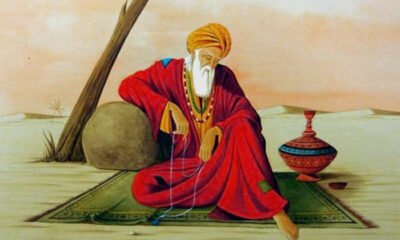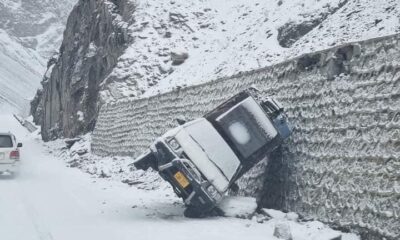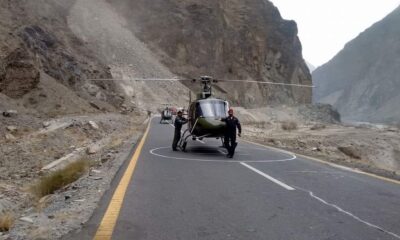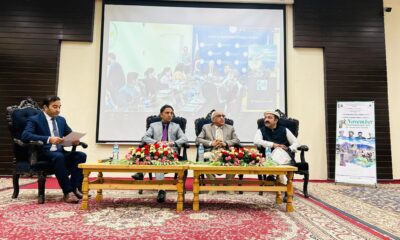Opinion
The Handling of the “Collective Action Problem” is a precondition for high-impact from “Rural Support Programs”.

Interventions for social development have undergone significant changes over the past 50 years!
One of the most notable changes in recent years has been the increasing number of interventions that seem to be driven by personal experiences, opinions, and statements from world leaders. This has led to several collective initiatives that aim to address one challenge, but end up creating new problems in the process.

The “Collective Action Problems” have been defined as follows:
“Problems arise when too many group members choose to pursue individual profit and immediate satisfaction rather than behave in the group’s best long-term interests. Social dilemmas can take many forms and are studied across disciplines such as psychology, economics, and political science. Examples of phenomena that can be explained using social dilemmas include resource depletion, low voter turnout, and overpopulation. The collective action problem can be understood through the analysis of game theory and the free-rider problem, which results from the provision of public goods. Additionally, the collective problem can be applied to numerous public policy concerns that countries across the world currently face.”
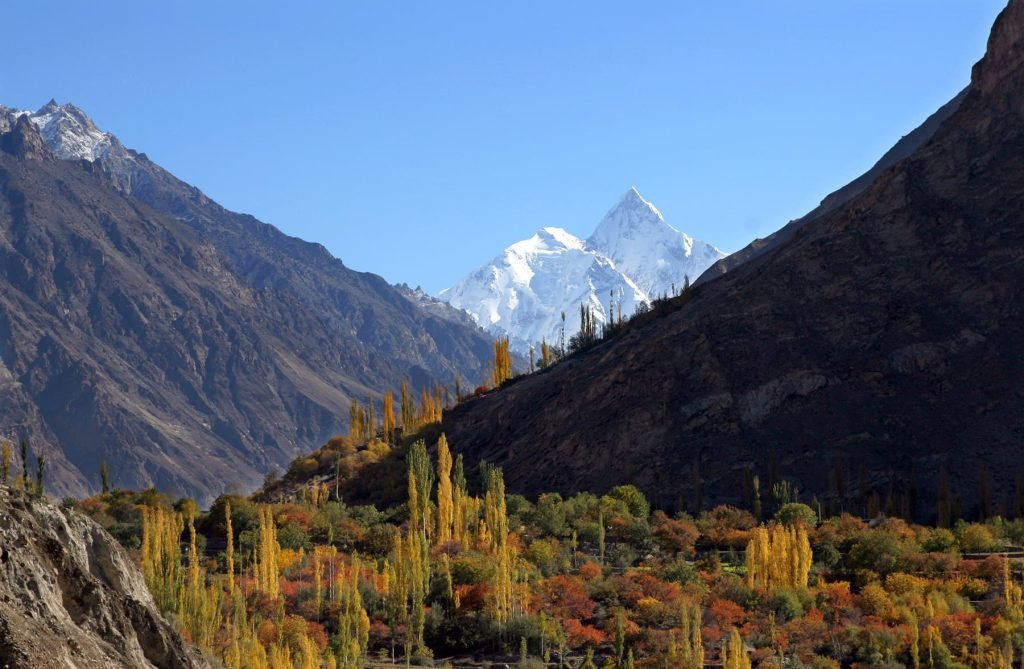
The province of Gilgit-Baltistan (GB) in Pakistan is currently launching a collective action project with Norwegian companies that have had to struggle with the challenges created by amongst others topography, climate, and logistics much like those faced by GBRSP and the communities in GB.

Will we be able to reduce the “collective action problems” by the mere fact that we are establishing the collective action team based on common denominators? Factors that are similar and experiences that may be exchanged for joint benefit.
The GB region boasts an attractive natural landscape and topography and is working to establish a green profile.
Several Norwegian communities in the mountains have, over the years, been developing prosperous tourism businesses and are currently experiencing climate change hitting the local cabin- business, the skiing resorts, the public services, and the local communities in a brutal manner.

Climate change is here and it has to be dealt with and learned from.
The province of Gilgit-Baltistan in Pakistan is a prime example of the challenges that come with promoting sustainable development. The region’s natural landscape and topography make it an attractive destination for ecotourism, but the consumption of fertilizers produced using polluting power and transported with polluting vehicles could undermine this profile.
One of the lessons learned is that when the market is good you are not necessarily opting for technologies or services which are on the more expensive side or depreciation that is short enough to follow the increasing speed of changes in financial situations and customer requirements.

We have to search for new ways of approaching challenges!
“Tunnel-vision,” often arises from linear causal chains and can be difficult to address. To find sustainable solutions, it is important to consider input from multiple sources and to understand the consequences of our actions for people and societies beyond our immediate surroundings.

To address the “tunnel-vision” problem, GBRSP and Global Pedlars intend to partner with several international companies to provide new perspectives on the challenges facing Gilgit. This will be a step towards creating a more sustainable future for Gilgit-Baltistan. By working together, the region can access affordable power, water, nutrition, and human capability, all of which are vital for promoting social development. The initiative also aims to address the complex challenges of our time, such as the global climate crisis, by promoting sustainable production and consumption practices.

The initiative plans to share updates through this magazine with the population and the various parties involved quarterly. By working together and considering input from multiple sources, we may ensure that interventions for social development do not create new problems, but instead lead to a more sustainable and equitable development of the community. Moreover, the initiative will also focus on sustainable transportation and waste management, as well as promoting energy efficiency and clean energy. This will not only help to reduce the province’s carbon footprint, but also create jobs and improve the quality of life for residents.
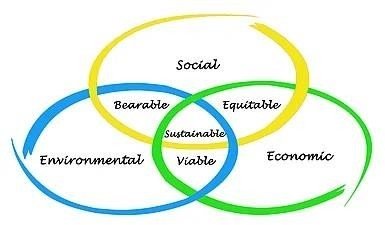
By the exchange of information and collaboration, we can ensure that interventions for social development do not create new problems, but instead lead to more sustainable and equitable local societies, regions, and hopefully international co-existence.
It is clear that the global climate crisis is one of the most pressing issues of our time, and addressing it requires a multifaceted approach. By promoting sustainable production and consumption practices, we can mitigate the damage caused by human activity and create a more equitable society.

However, it’s important to note that achieving sustainable development is a long-term process that requires continuous efforts and commitment from all stakeholders. All members of the community must be involved in the process, including the government, private sector, civil society, and individuals.
In addition, it’s essential to recognize that sustainable development is not only about the environment, but also about economic growth, social progress, and cultural preservation. Therefore, the initiatives must be inclusive and equitable, ensuring that no one is left behind.

In Gilgit-Baltistan, it’s important to consider the impact of tourism on the environment and local communities. The region’s natural landscape and topography make it an attractive destination for ecotourism, but it’s important to ensure that the industry is sustainable and does not harm the environment or displace residents.
In conclusion, interventions for social development have undergone significant changes over the past 50 years, and it’s important to take a holistic approach when addressing the complex challenges of our time. By considering input from multiple sources and understanding the consequences of our actions, we can promote sustainable development for all. All stakeholders must be involved in the process, and initiatives are inclusive, equitable, and considerate of the environment and cultural preservation.
Arts, Culture & Heritage
Rumi, the Moral Psychologist
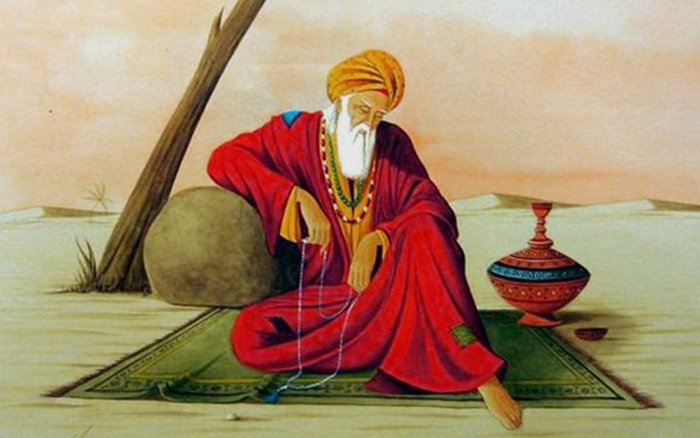
Maulana Jalal-ud-Din Mohammad (1207-1273), popularly known as Rumi, was a Muslim theologian-turned-poet. His poetry, published in two genres of masnavi and ghazal is mainly focused on the idea of love and its relation to the intimacy with God. However, the thoughts of Rumi, expressed through thousands of verses and ghazals, go beyond love and touch upon various aspects of human life and the universe. Even a cursory reading of Rumi’s poetry reveals his wide-ranging and thoughtful expressions on nature, universe, world, anger, lust, justice, purity, etc. According to Ahmed Javed, a contemporary literary critic, Rumi is the best author of human experience in the world. In other words, Rumi best describes the meaning of being a human on planet earth. Alan Williams, professor of Iraninan studies and translator of the works of Rumi, has identified the voice of moral reflection or homily as one of the seven voices while defining the narrative structure of Masnavi, a long poem by Rumi published in 06 volumes. Similar vein of advice and observations on moral psychology can be found in over 3,000 ghazals of Divan or Divan-e- Shams, the collection of ghazals by Rumi. Brittanica, an online encyclopedia, defines moral psychology as “the empirical and conceptual study of moral judgement, motivation and development”. This article details the verses of Rumi, from both Masnavi and Divan, which convey the deep observations of the poet regarding moral psychology. The verses are easily discernible for enduring reliability.
Like other poets, Rumi deploys the tropes of allegory, metaphor, simile, folklore, historical events, personalities, Quranic verses, Hadith etc to make his point. I will present a selection of verses from Rumi’s Masnavi and Divan highlighting the moral psychology therein.
این جہان کوہ است و فعل ما ندا
سوئ ما آید نداہا راصدا
(M I:215)
This world is the mountain, and our action the shout: the echo of the shouts comes (back) to us.
Rumi has explained the recompense for deeds and misdeeds by comparing the whole world to a mountain. Just like the mountain returns the schists by echoing it, the good and bad deeds are accordingly rewarded in this world.
Rumi’s places a lot of emphasis on the importance of thoughts in the life of a human being. He considers that a human being is nothing but a thought itself.
ای برادر تو همان اندیشه ای
ما بقی خود استخوان و ریشه ای
گر گُل است اندیشه ای تو گُلشنی
ور بوُد خاری تو هیمه گُلخنی
Brother! Your worth is in your thoughts alone; you are blood and flesh apart from that
You are rose, if all your thoughts are selfless
If bitter, you are a thorn that is judged worthless
Brother, your worth is in your thoughts alone
M II, 277-278
The formidable effect of a person’s thoughts are highlighted in the above verses. The precursor of every action is a thought. In a sense Rumi is ahead of René Descartes (1596–1650), French philosopher, by three hundred years who affirmed cogito ergo sum ( think therefore I am!). In other words, the ability to think and perceive constituted the most important element of human existence. At many places in both Masnavi and Divan Rumi elucidates how negative thoughts disempower and depress a human being and how he can rise above those thought processes. In the opening verse of Ghazal 2500 of Divan, Rumi diagnosed that the doom and gloom is always characterised by mean thoughts of a man:
چه افسردی در آن گوشه چرا تو هم نمیگردی
مگر تو فکر منحوسی که جز بر غم نمیگرد
Why are you depressed and cornered instead of moving ahead?
But then you are an epitome of mean thought and you are obsessed over grief
In numerous verses, Rumi emphasises the layered and unfathomable inner world of a human being, making it all the more important to avoid judging someone through appearances alone. An example:
َمرد را صد سال عم و خال او
یک سر ُمویی نہ ِبیند حال اُو
A man’s paternal and maternal uncles (may see him) for a hundred years, and of his (inward) state not see (so much as) the tip of a hair (M:3, 4249)
Rumi underlines the complexity of human psyche in that it is characterised by an inner world which is rarely apparent. In other words, he implies that our judgements based on the outward appearances or behaviour of a person may well be wrong considering that appearances never represent the human being on the whole.
Regarding worldly gains and glory, Rumi maintains that on the one hand they uplift and increase a person’s standing among the people but conversely they become the reason of the downfall too as succinctly expressed in the verse below:
دشمنِ طاؤس آمد پر اُو
ای بسی شہ را بکشتہ فر اُو
The peacock’s plumage is its enemy: O many the king who hath been slain by his magnificence!
(M1:208)
Rumi is of the view that by reciprocating a bad deed, one becomes equal to the perpetrator of the act. He, therefore, exhorts restraint or better still good behaviour in response to treatment.
گر فراق بندہ از بد بندھگی است
چون تو با بد بندگی پس فرق چیستHave I deserved my fate for some offence; If you hurt sinners what’s the difference?(M:1,1564)
It can be discerned from the above selection that besides numerous themes in his collection of verses (in Masnavi and Divan) Rumi conveys a message of morality in unmatched eloquence and clarity. Perhaps it is beauty and depth and a sense of wonder in these verses that remain relevant to date and keeps guiding anyone who immerses in the ocean of his wisdom.
CPEC
Poor Winter Maintenance of KKH Risks CPEC All-Weather Trade
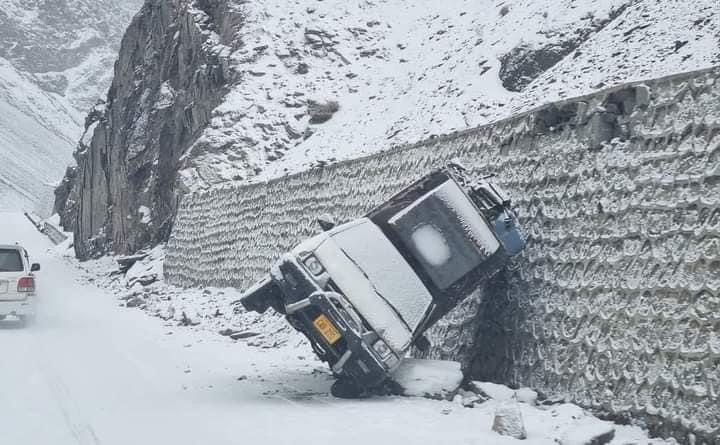
The Karakoram Highway (KKH), a vital lifeline for trade between Pakistan and China under the China-Pakistan Economic Corridor (CPEC), faces critical challenges each winter due to negligent maintenance. Connecting the two nations through the Khunjerab Pass—at over 4,693 meters (15,397 feet) above sea level—this strategic route is central to trade and regional economic integration. The pass connects Gilgit-Baltistan with China’s Xinjiang region and was reopened after closing for almost three years in April 2023. The land border was closed in 2020 after the outbreak of COVID-19. However, when heavy snowfalls hit, KKH becomes treacherous, risking the disruption of trade and the economic ties vital to both countries.
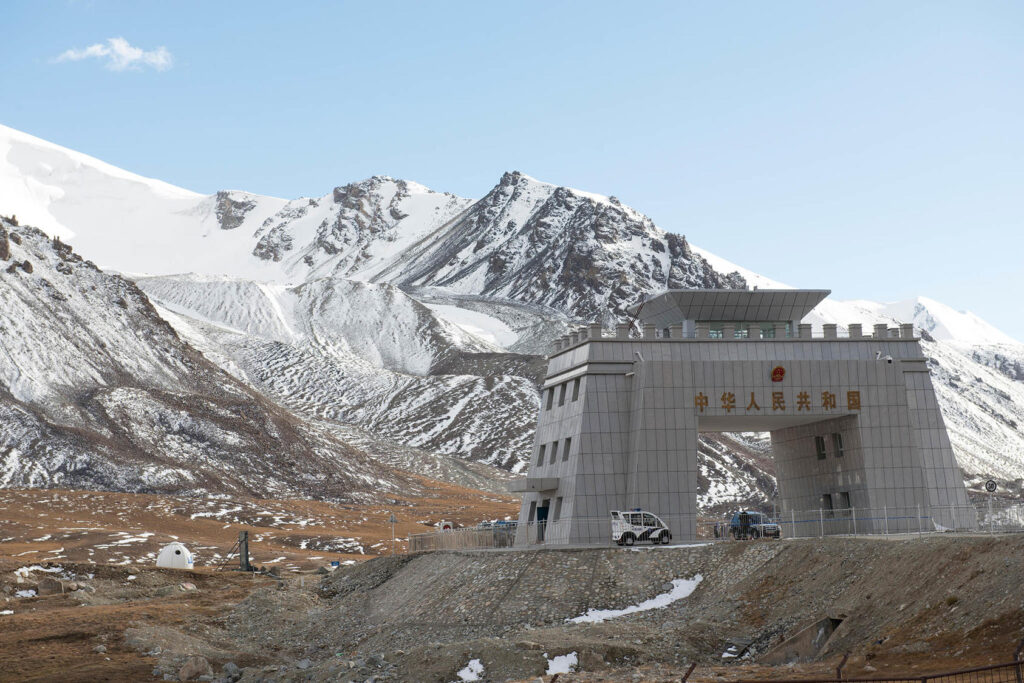
The KKH, a pivotal component of CPEC, facilitates the movement of goods and strengthens economic ties between Pakistan and China. Its year-round functionality is crucial for trade. Yet, the lack of timely snow clearance and road maintenance is disrupting the route, undermining the goals of CPEC.
Despite past agreements aimed at transforming the KKH into an all-weather route, meaningful execution has been lacking. This year, authorities have announced plans to finally implement measures to ensure year-round connectivity. However, the existing state of road maintenance raises doubts about their effectiveness and commitment.
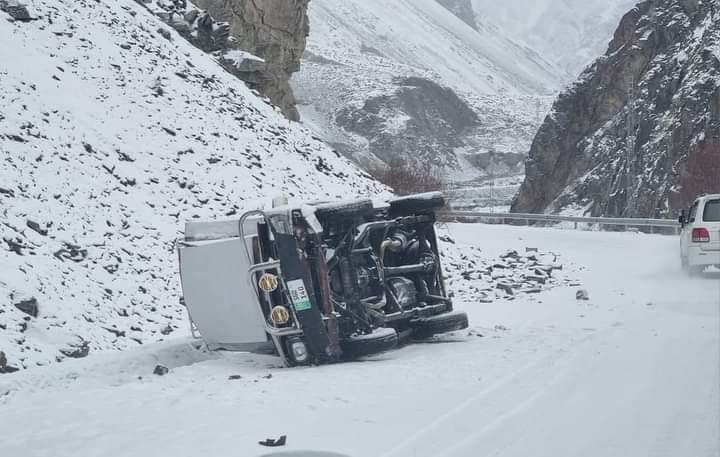
For Aman Ullah, a resident and trader from Gojal, Hunza, the snowbound Karakoram Highway is more than just an inconvenience—it’s a daily struggle that threatens his livelihood. “We are often left stranded for days, with no way to continue our trade,” he shared with The Karakoram.
Aman explained, “A few years ago, the Chinese government donated four state-of-the-art snow-clearing machines to the FWO for winter maintenance of the Khunjerab Border and nearby sections of the KKH. These advanced machines, equipped with computerized systems, were intended to ensure safe travel and uninterrupted trade. However, only one of these machines remains operational today, and even that is reportedly in poor condition. Instead of effectively clearing the snow, it often leaves the road even worse, making travel difficult. The fate of the other three machines remains unknown, raising serious concerns about mismanagement and a lack of accountability.”

The poor state of snow clearing operations has caused a worrying rise in road accidents, Tufail Ahmed, the owner of a transport company whose vehicles frequently travel to China via the KKH, shared his frustrations. Stranded vehicles have become a common sight, with travelers risking their lives in freezing temperatures,” he said.
Abdur Rehman, an import-export trader from Gilgit-Baltistan, highlighted the contrast between the two sides, adding, “In stark contrast, the Chinese side of the Khunjerab Pass ensures the road remains well-maintained and operational during winter. Advanced machinery and a proactive approach demonstrate their commitment to maintaining seamless connectivity. This disparity reflects poorly on Pakistan’s preparedness and raises questions about the efficiency of NHA and FWO.”
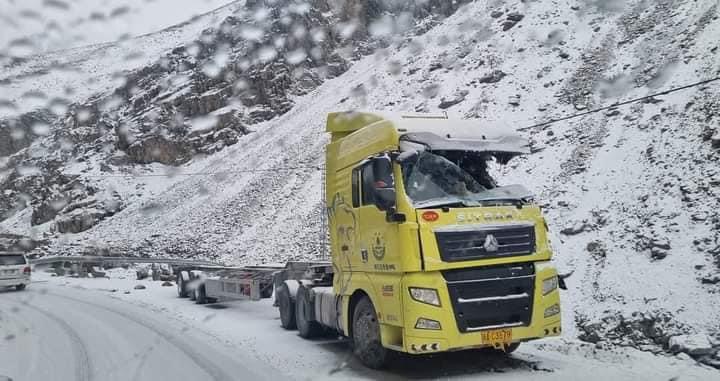
Dr. Faqeer Muhammad, Director of the China Study Centre in Gilgit-Baltistan, emphasized the broader implications, stating, “The KKH is more than just a road—it’s a vital trade corridor that plays a key role in China’s Belt and Road Initiative (BRI); it is a symbol of connectivity, trade, and opportunity. Neglecting its maintenance during winter risks undermining Pakistan’s economic and strategic interests, calling for immediate attention from the authorities.” Its maintenance is critical not just for trade but for the broader economic and strategic objectives of CPEC.

This neglect not only puts lives in danger but also hampers trade activities, creating significant bottlenecks for transportation linked to CPEC.
Residents and stakeholders are demanding urgent action to address these issues. Effective utilization of resources, transparent accountability for the missing machinery, and better coordination between authorities are imperative. Maintaining the KKH as a safe and reliable trade route is not just a regional necessity; it is a cornerstone of CPEC and a matter of national importance.
Opinion
Gilgit-Baltistan Marks 77th Liberation Day from Dogra Rule

Gilgit-Baltistan enthusiastically celebrated its 77th Liberation Day on November 1st, 2024. A public holiday was declared in all ten districts, and various events were organized to commemorate the occasion.
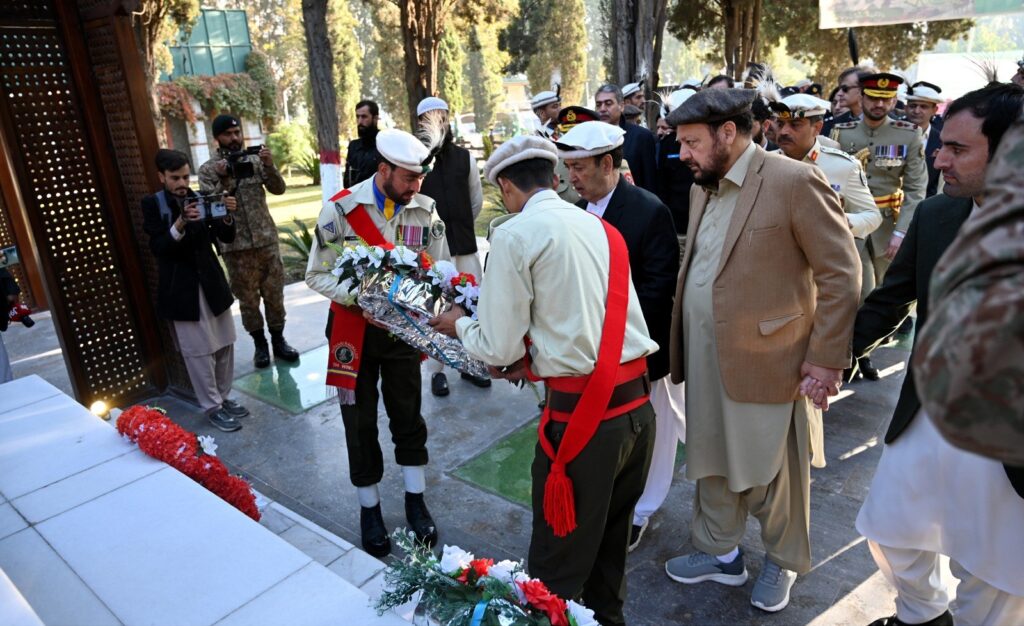
The main event was held at Yadgar Shuhada Chinar Bagh, where Governor Syed Mehdi Shah, Chief Minister Haji Gulbar Khan, and Commander FCNA Major General Syed Imtiaz Hussain Gilani unfurled the national flag. Provincial ministers, the Chief Secretary, the IG Police, and other senior officials also attended the ceremony. Floral tributes were paid to the martyrs, and the armed forces of the GB Police presented a salute.
Governor Syed Mehdi Shah emphasized the sacrifices made by the Gilgit-Baltistan Scouts, the region’s forefathers to liberate it from Dogra rule. He also acknowledged the sacrifices of the martyrs and reaffirmed the commitment to national security.
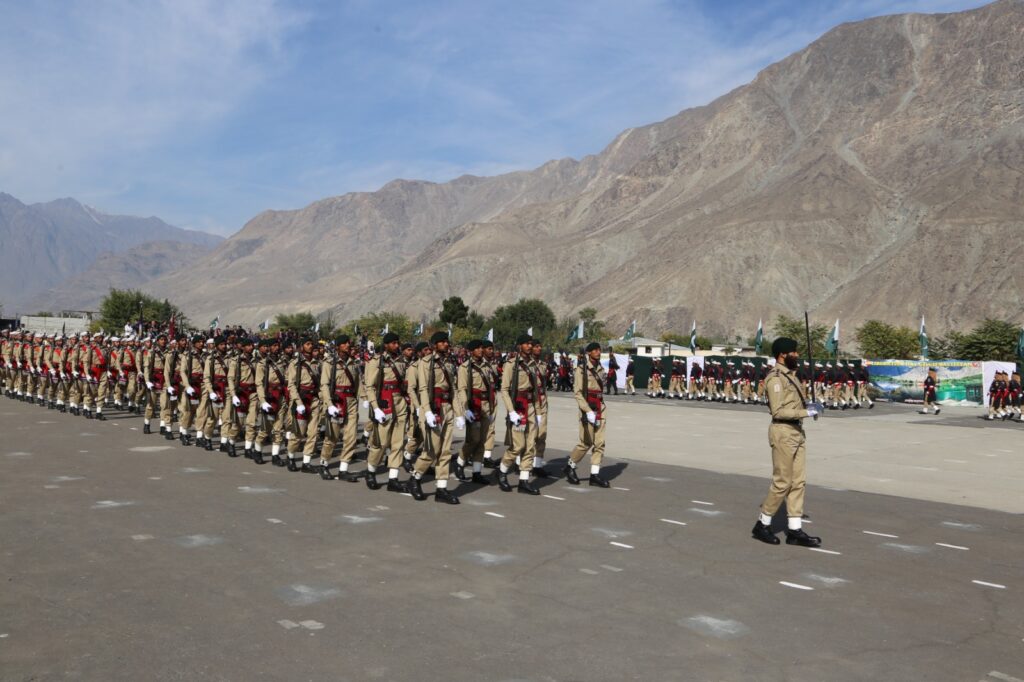
A special Independence Day ceremony was organized at the Army Helipad, where high-ranking civil and military officials participated. For the first time in Gilgit-Baltistan’s history, the 77th Independence Day Parade was telecast live on national channels, including Gilgit-Baltistan PTV. Many people viewed the parade live at Wahab Shaheed Ground and Lalak Jan Shaheed Ground.
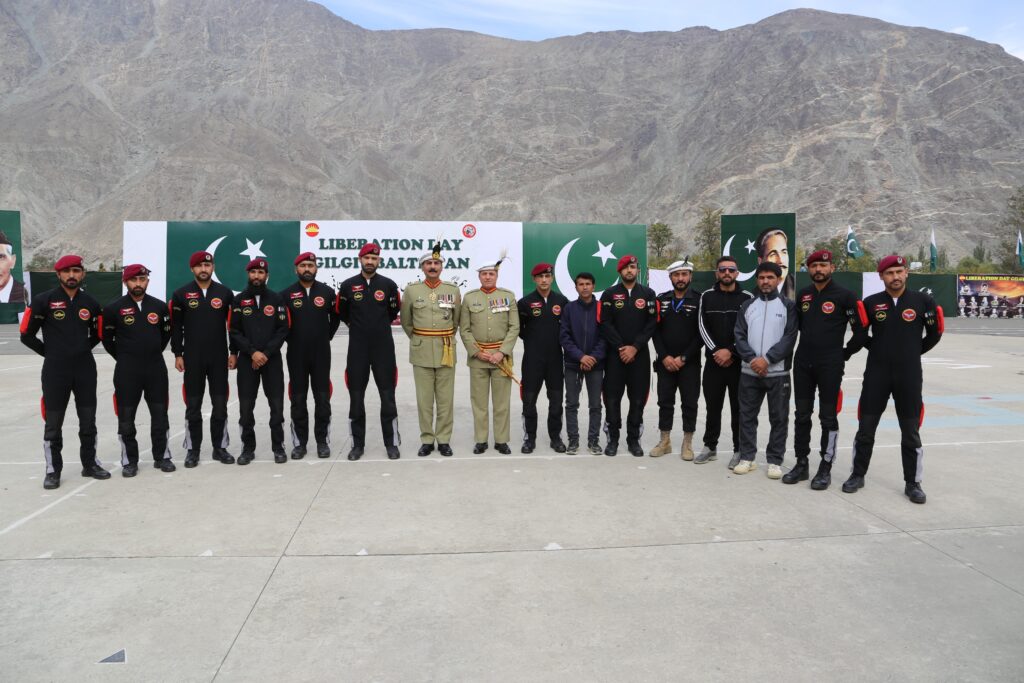
Commander 10 Corps Lieutenant General Shahid Imtiaz highlighted the significance of Gilgit-Baltistan’s freedom, achieved through the courage and sacrifice of its people. He emphasized the region’s enduring loyalty to Pakistan.

Chief Minister Haji Gulbar Khan paid tribute to the region’s martyrs and expressed pride in the people of Gilgit-Baltistan. He also acknowledged the pivotal role played by the Gilgit-Baltistan Scouts, a force with a rich history dating back to the British Raj. Their courage and sacrifice were instrumental in securing the region’s freedom from Dogra rule. Alongside the local populace, the Scouts fought valiantly against the Dogra forces and ultimately achieved victory.
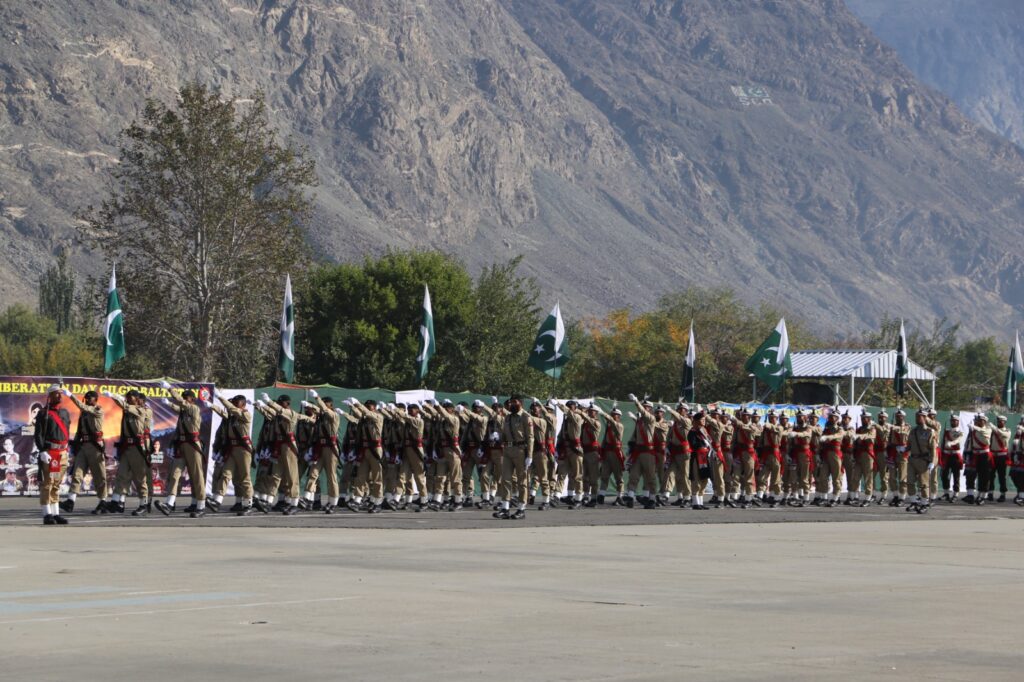
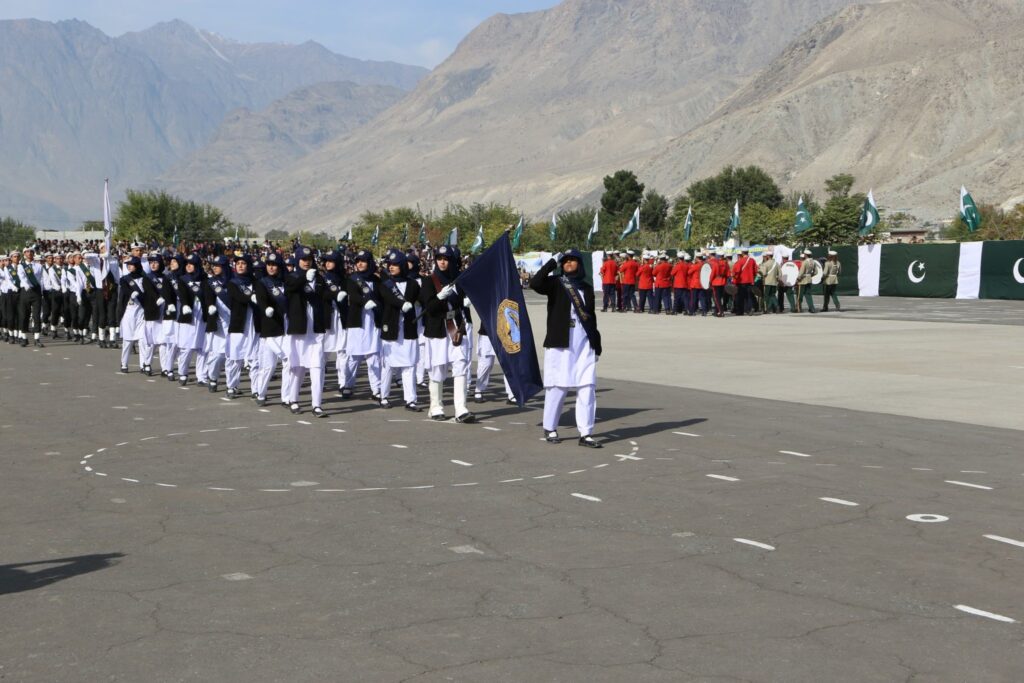
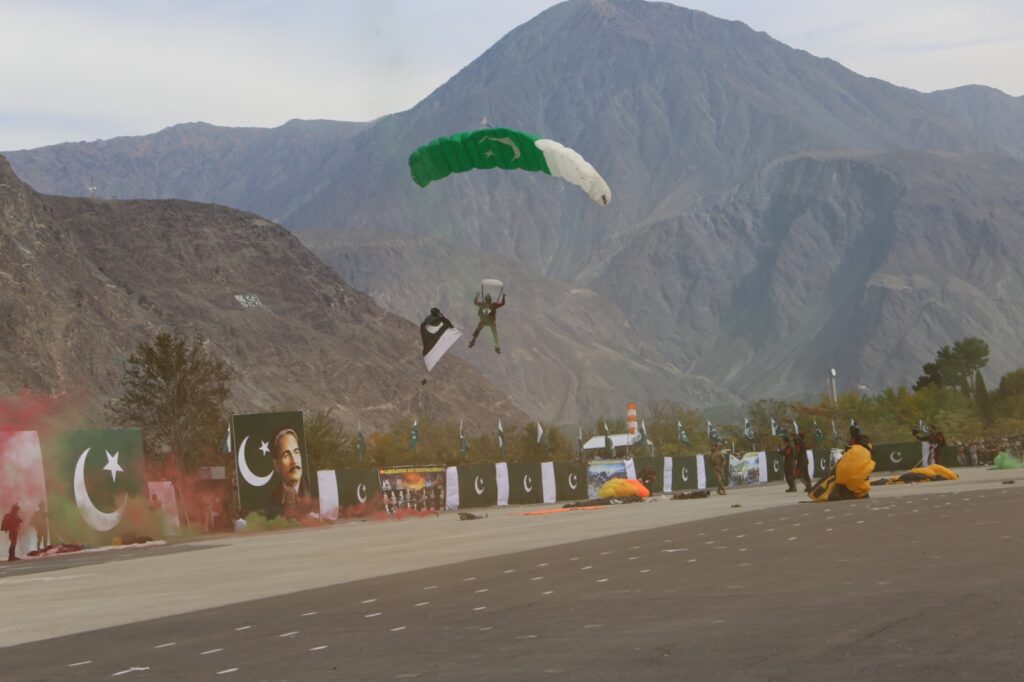
The Independence Day Parade featured troops from the NLI Center, GB Scouts, Women Police, GB Police, Punjab Rangers, Cadet College Skardu, and Cadet College Chilas. The celebrations also included paragliding performances and cultural programs, featuring national and regional patriotic songs as well as local dances.
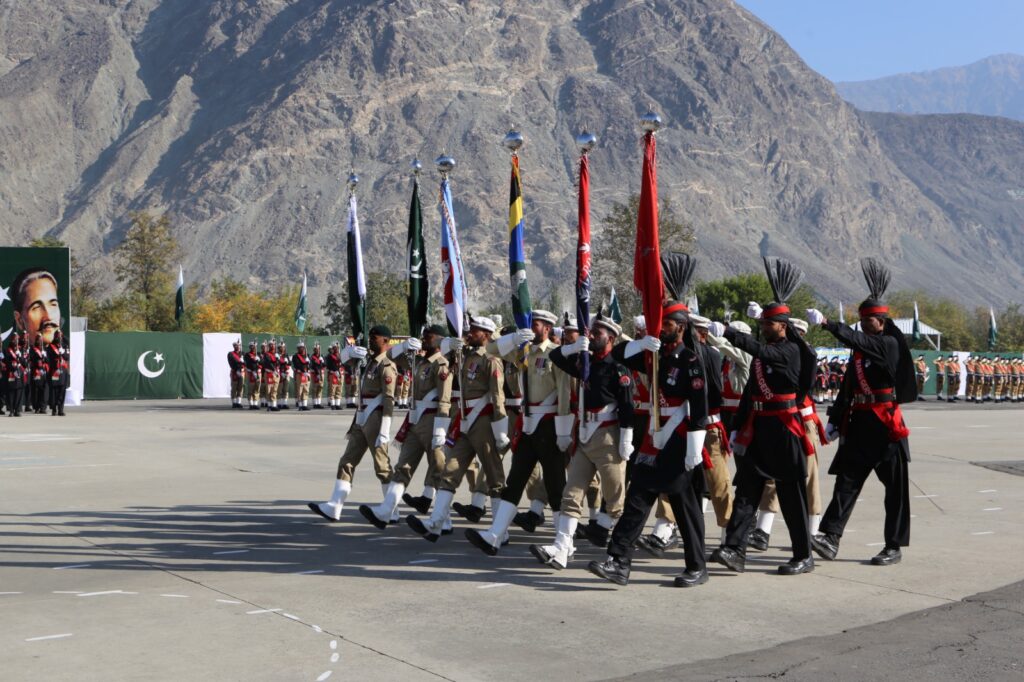
Similar celebrations were held in all districts of Gilgit-Baltistan, with cultural programs, flag hoisting ceremonies, and tributes to martyrs. The Pakistan Army played a significant role in organizing these events and broadcasting special programs.

As Gilgit-Baltistan commemorates its 77th Liberation Day, it reaffirms its commitment to national unity and prosperity. The region’s rich history, diverse culture, and stunning natural beauty continue to attract visitors from around the world. With its strategic location and abundant resources, Gilgit-Baltistan is poised to play a vital role in Pakistan’s development and progress.
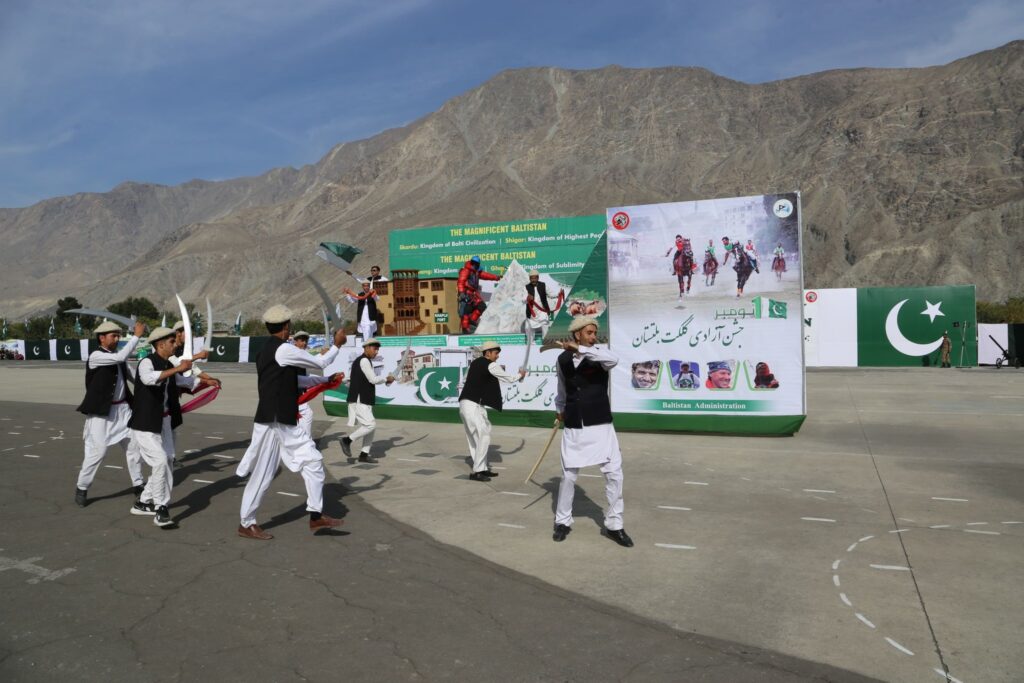
-

 Tourism3 years ago
Tourism3 years ago15 Best Places to Visit in Skardu
-

 Arts, Culture & Heritage2 years ago
Arts, Culture & Heritage2 years agoTraditional women’s dresses of Gilgit-Baltistan
-

 KIU Corner2 years ago
KIU Corner2 years agoA Guide to LMS KIU Student Login – KIU
-
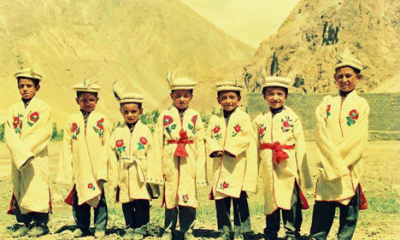
 Arts, Culture & Heritage2 years ago
Arts, Culture & Heritage2 years agoShuqa Simple but amazing winter clothing of Gilgit-Baltistan
-

 KIU Corner2 years ago
KIU Corner2 years agoEmbracing Challenges: Gul Rukhsar’s Remarkable Journey
-

 Arts, Culture & Heritage3 years ago
Arts, Culture & Heritage3 years agoQuroot: A Nutritious and Flavorful Staple of Gilgit-Baltistan’s Cuisine
-
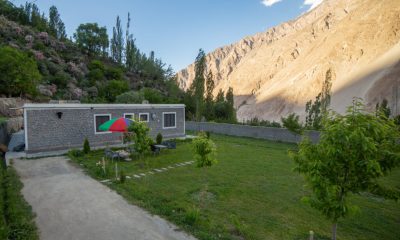
 Arts, Culture & Heritage2 years ago
Arts, Culture & Heritage2 years agoTraditional houses Gilgit-Baltistan
-
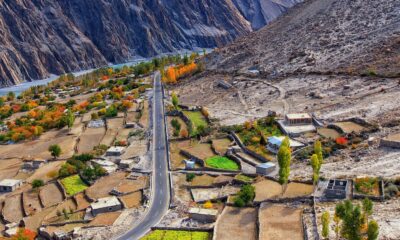
 Tourism2 years ago
Tourism2 years agoDiscover the Unparalleled Beauty and Culture of Gilgit-Baltistan

